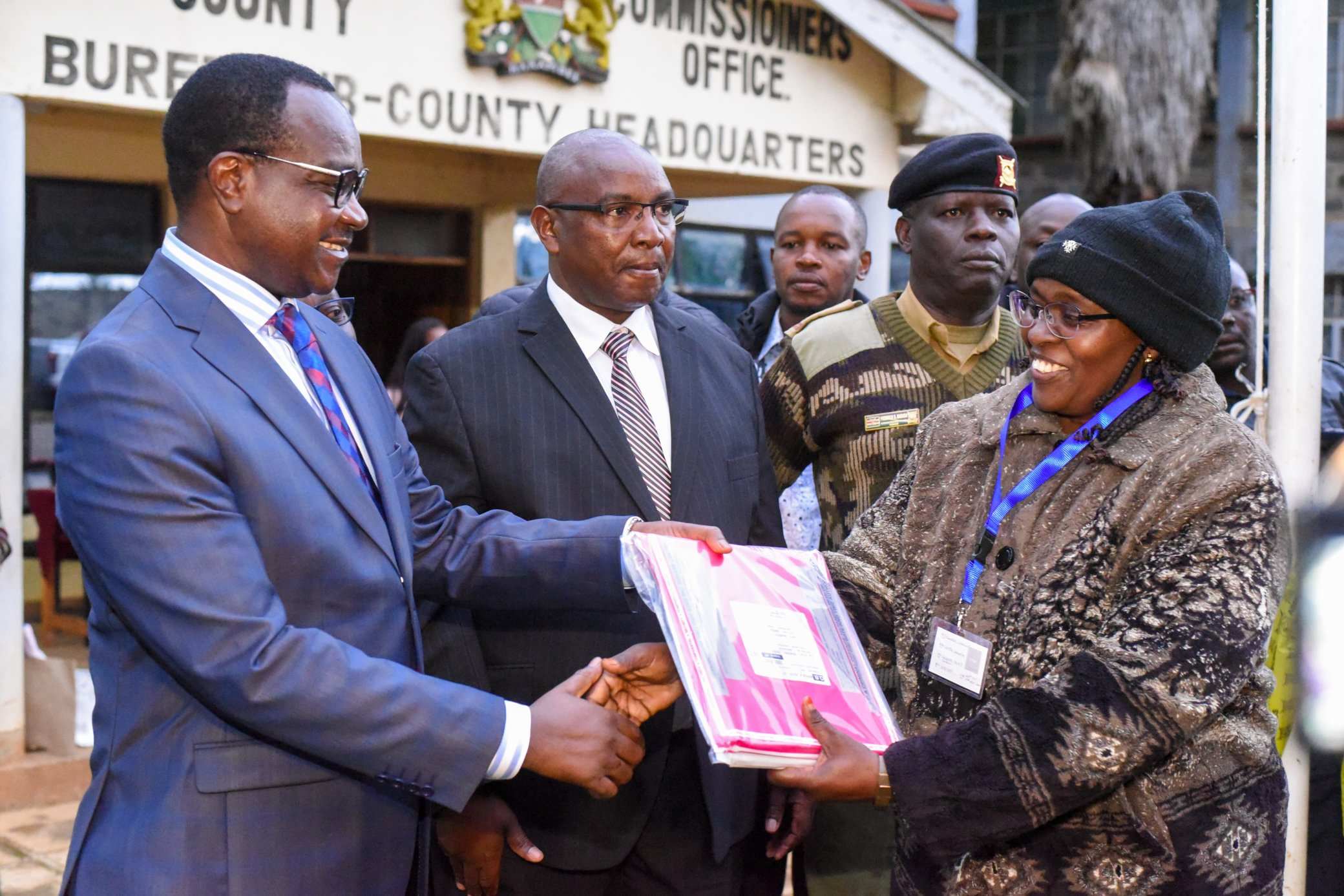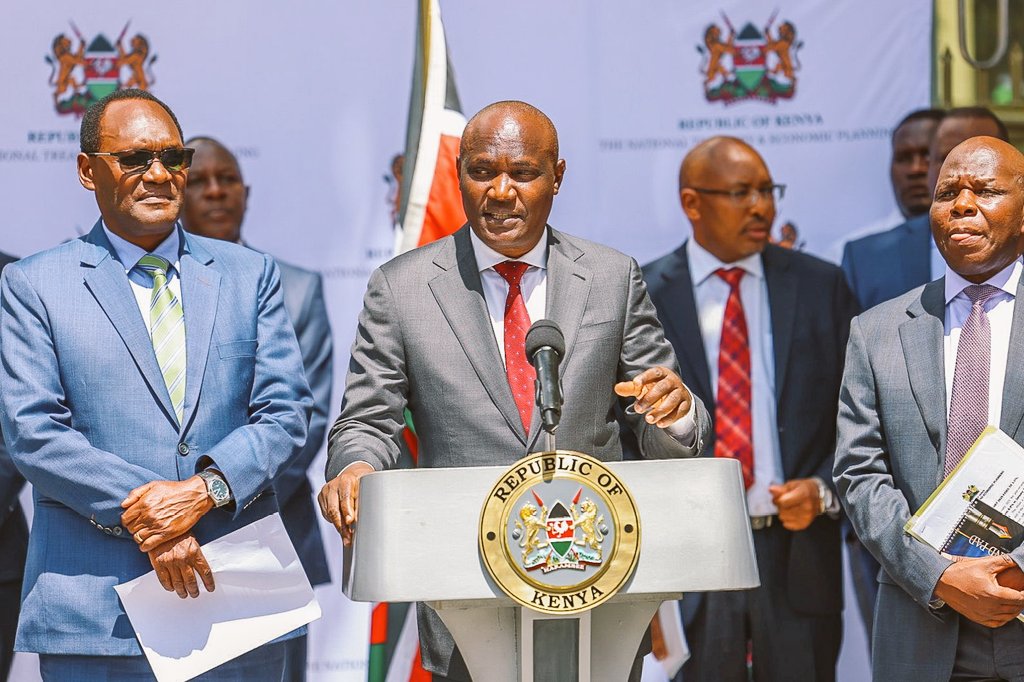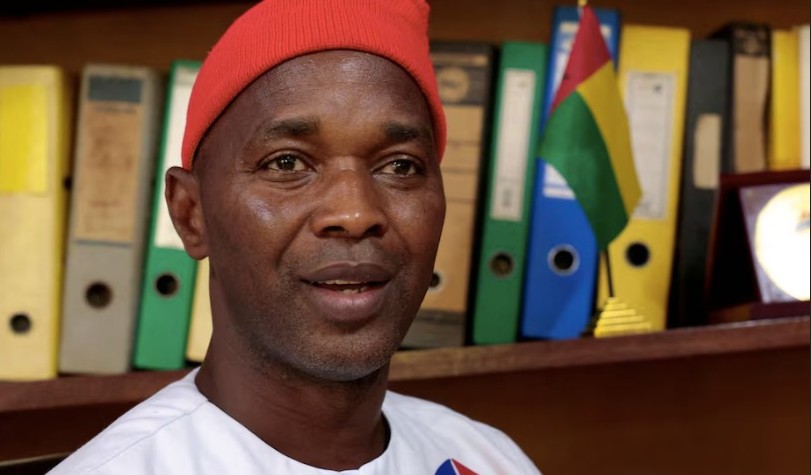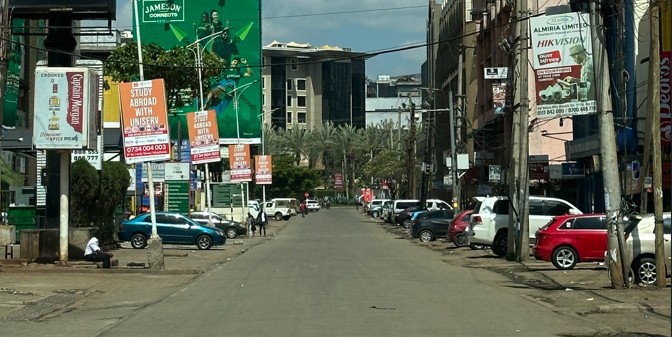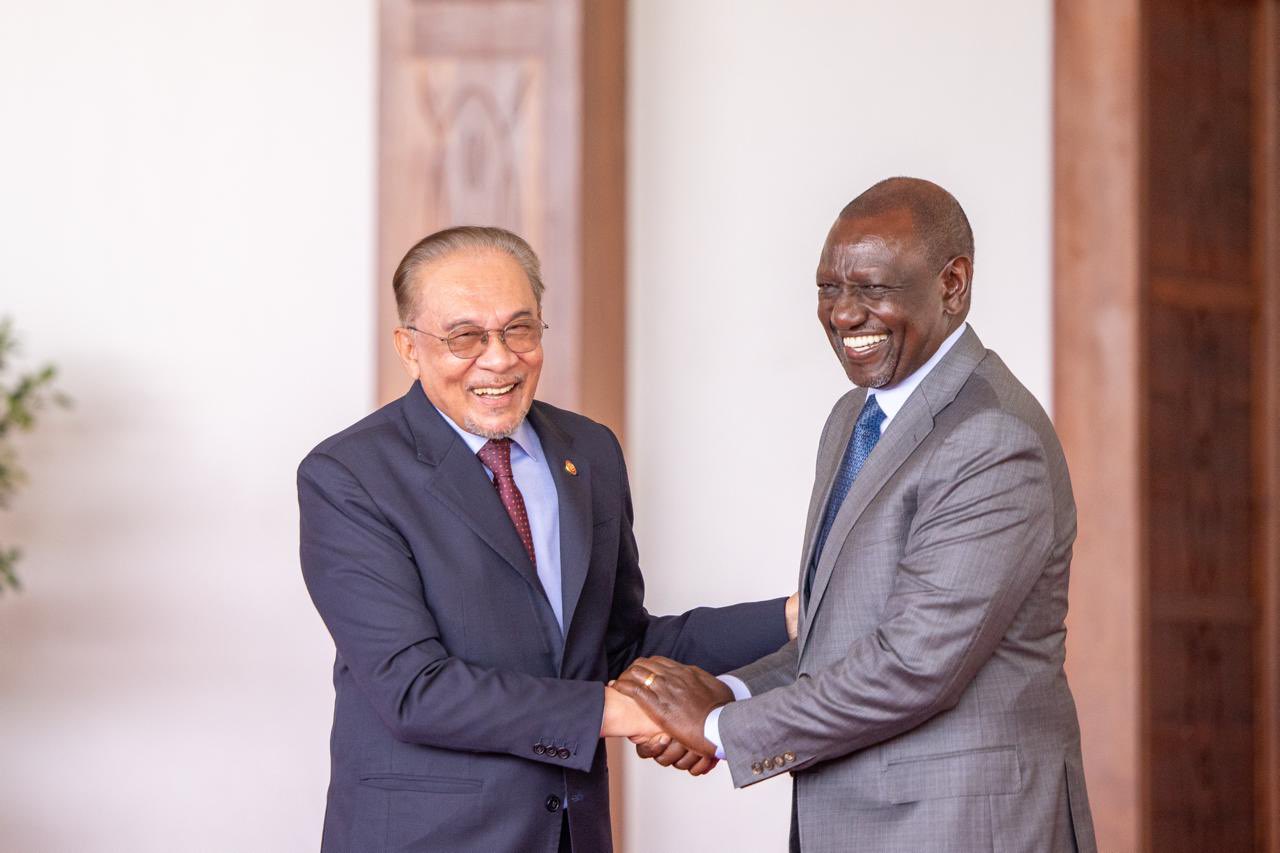We inherited Sh118 billion in pending bills, Nairobi Governor Sakaja tells Senate
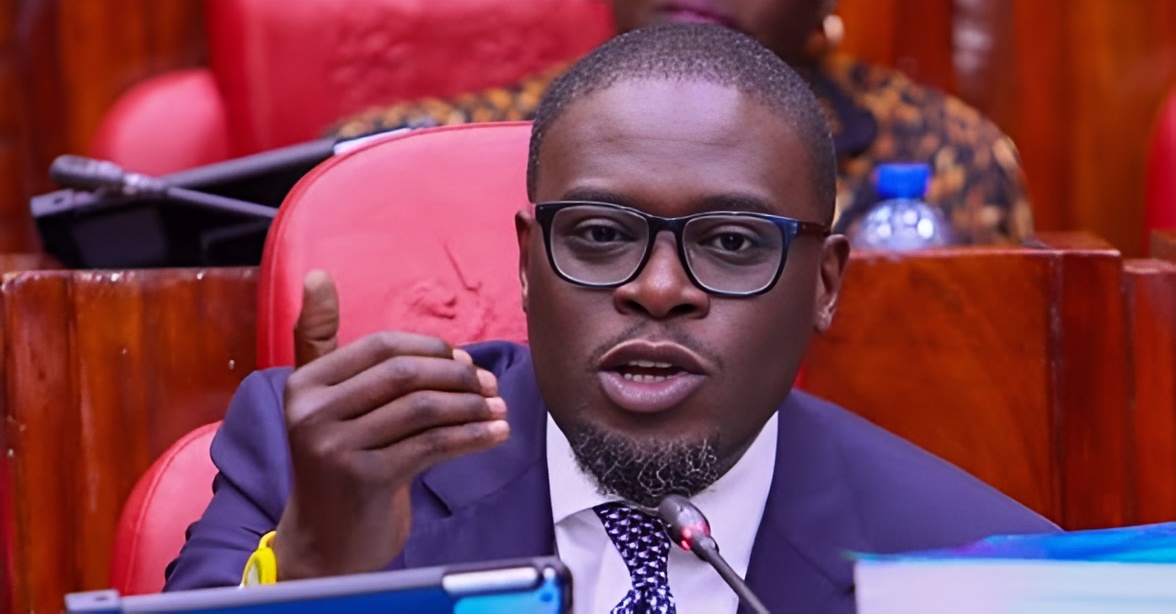
Governor Sakaja tells Senate how Nairobi is tackling massive inherited debt while hitting record revenue and fast-tracking development projects across the city.
Nairobi City County is grappling with Sh86 billion in outstanding bills left by previous administrations, Governor Johnson Sakaja told the Senate Committee on Devolution on Tuesday. He noted that City Hall inherited Sh118 billion in pending bills when he assumed office in 2022.
According to Sakaja, who appeared before the committee on Monday to address budget utilisation and stalled development projects for the 2022/2023 fiscal year, the debt includes Sh16 billion left by the now-defunct Nairobi Metropolitan Services (NMS).
More To Read
- Governor Sakaja says Sh180 billion needed to clean Nairobi's main rivers
- Governor Johnson Sakaja appeals for funds to sustain ‘Dishi na County’
- Mazingira Day: Why Sakaja's clean city dream is still a mirage
- Nairobi tops counties' travel spending, development projects left behind – CoB report
- Governor Johnson Sakaja blames Treasury for delayed county salaries
- Lobby calls for Nairobi County dissolution following audit revelations
"Sh118 billion in pending bills is a lot of money. The amount has reduced to Sh86 billion in three years. As we reduce this, we must remember this is a service county," he said.
"To raise more revenue, we digitised our collection platform and shifted from multiple business permits to a single business permit system, which has improved service delivery and boosted revenue," he explained.
On revenue collection, Sakaja revealed that Nairobi had collected Sh13.8 billion this year, the highest since the county government system was introduced in 2013.
"Sh13.8 billion is the highest we have ever collected since devolution. We have raised the bar, and we hope to achieve even more this financial year," he said.
To revive delayed projects and accelerate ongoing development, Sakaja said the county has channelled substantial resources through the Ward Development Fund (WDF), with more than 40 initiatives completed across 85 wards so far.
"Through the Ward Development Fund, we have constructed Early Childhood Development Education (ECDE) centres and continue to build more. We have also renovated social halls and sports facilities, including the construction of new stadiums such as Woodley, Kihumbuini and City Stadium, all of which are currently ongoing," he said.
Sakaja also revealed that Nairobi is rolling out road improvement projects valued at Sh2.1 billion, with work already underway in several parts of the city. However, he highlighted the need for a fairer distribution of electricity levies to bolster Nairobi's urban infrastructure.
"Nairobi is a service county and is different from others. Nairobians pay Sh8 billion in power bills, yet these bills include a rural electrification charge. We have begun conversations to ensure that Nairobi is considered so that part of this money can be used to light our streets for security. We are confident we will find a solution," he said.
The Nairobi governor further raised concerns over what he described as the unequal distribution of national road funds, pointing out that while counties are responsible for most of the country's roads, they receive just Sh3 billion from the Sh119 billion earmarked for road projects nationwide.
Other Topics To Read
Top Stories Today
Reader Comments
Trending


